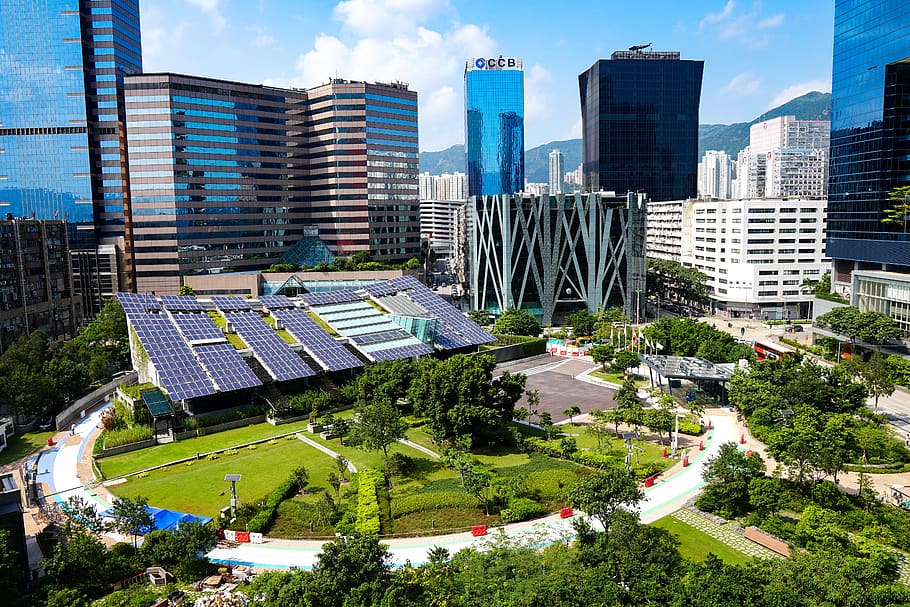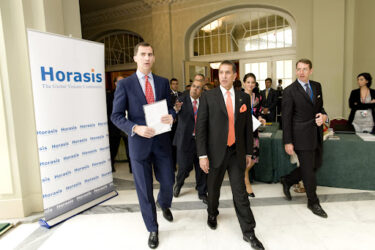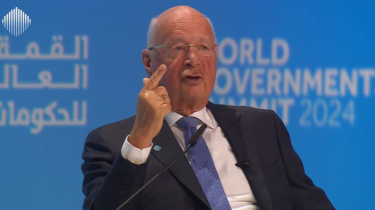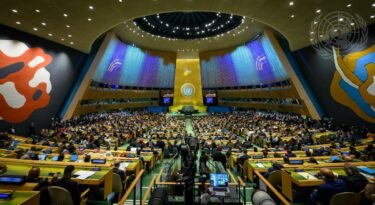In recent years, the United States has witnessed a surge in the development of smart cities, where technological advancements are being utilized to optimize urban living while prioritizing sustainability.
Eco-friendly urban planning has emerged as a crucial approach to balancing urbanization and environmental preservation. By incorporating renewable energy sources, resource-efficient systems, and environmentally friendly infrastructure, cities aim to reduce their ecological footprint while fostering innovation and growth.
A Sustainable Vision: The Smart City Revolution & Eco-Friendly Urban Planning
Smart cities collect electronic data from citizens, devices, and assets to manage available resources more efficiently, and to leverage data-driven technologies to enhance urban efficiency, resilience, and livability. By integrating Internet of Things (IoT) devices, artificial intelligence (AI), and big data analytics, smart cities optimize various aspects of urban life, from energy consumption and transportation to waste management and public services. With an emphasis on sustainable development, smart cities aim to create an environmentally conscious and technologically advanced urban landscape.
Eco-friendly urban planning seeks to harmonize urban development with ecological preservation. This approach emphasizes sustainable practices, renewable energy integration, and low-impact infrastructure to create resilient, energy-efficient, and green cities.
The pursuit of a sustainable vision requires a transformative shift from traditional urban planning towards innovative solutions that promote a healthier and eco-conscious society.
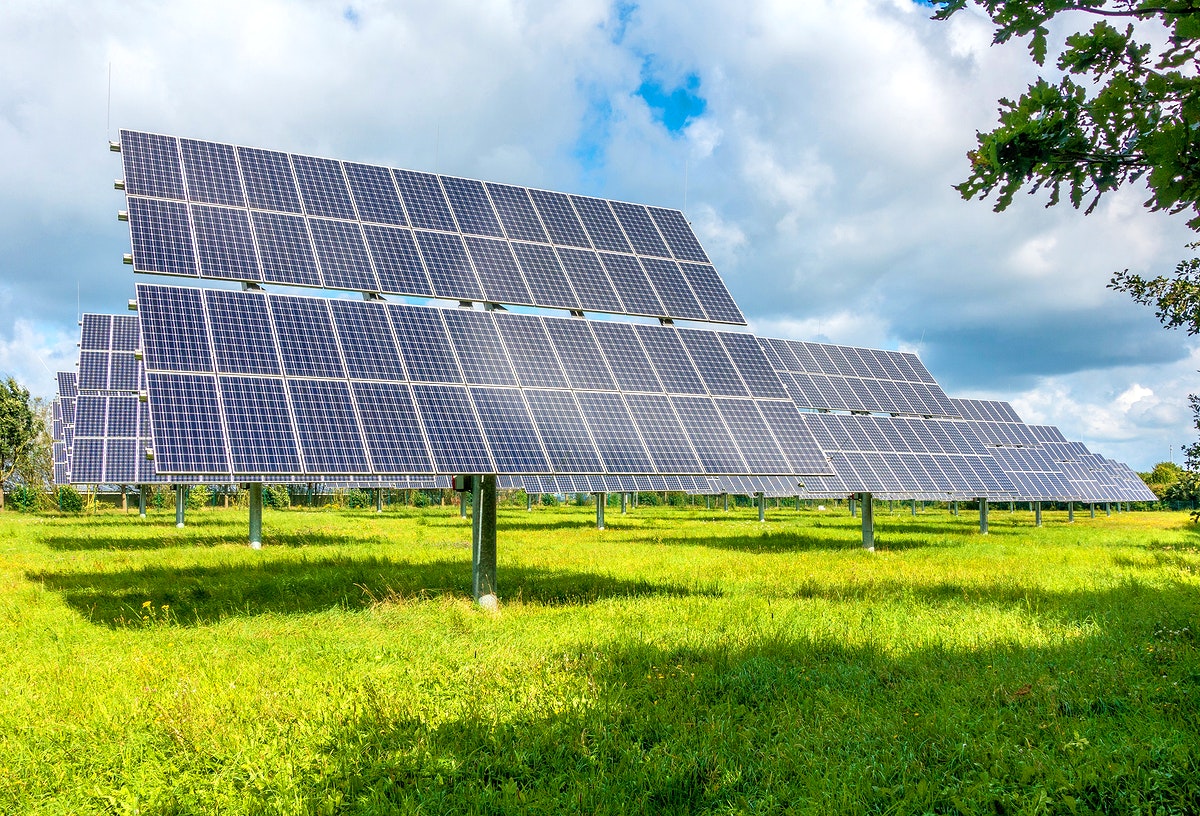
Harnessing Solar Lighting Technology.
Solar lighting technology plays a pivotal role in achieving the sustainability goals of eco-friendly urban planning.
Traditional lighting systems are heavily reliant on grid-based electricity, contributing to significant energy consumption and carbon emissions. In contrast, solar lighting harnesses clean, renewable solar energy to illuminate urban spaces. An investment in high-quality solar lights can provide years of virtually carbon-free lighting for cities. The benefits of integrating advanced solar lighting solutions, into smart cities include:
- Energy Efficiency: Solar lighting operates independently from the power grid, relying solely on sunlight to generate electricity through photovoltaic panels. By reducing energy dependency on fossil fuels, solar lighting significantly enhances energy efficiency.
- Emissions Reduction: The use of solar energy in lighting mitigates carbon emissions, making it an environmentally responsible choice for sustainable urban development. This reduction in greenhouse gas emissions contributes to mitigating the impact of climate change.
- Cost-Effectiveness: In the long run, solar lighting proves cost-effective due to the elimination of electricity bills. This cost-saving aspect allows cities to allocate resources to other eco-friendly initiatives, promoting economic sustainability.
- Minimal Infrastructure: Solar lighting systems are easy to install and require minimal infrastructure, resulting in reduced construction and maintenance costs. Moreover, their portability allows for placement in remote or off-grid areas, improving safety and visibility.
- Smart Integration: Cutting-edge solar lighting solutions can seamlessly integrate into smart city networks, enabling remote monitoring, adaptive dimming, and data-driven insights. This integration enhances lighting efficiency and optimizes resource allocation, streamlining urban operations for a sustainable future.
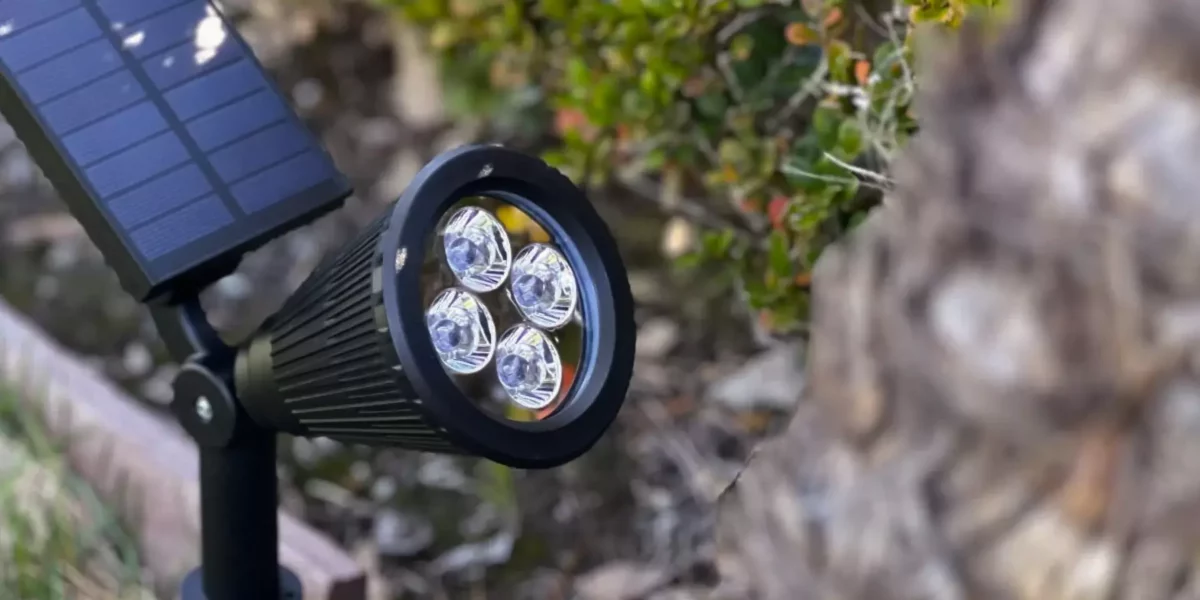
Exploring Alternatives in the Ecotech Landscape
While many companies are leading the industry with its innovative solar lighting solutions, exploring other eco-tech alternatives complements the pursuit of sustainability. Some noteworthy alternatives include:
- Wind-Powered Lighting: Wind turbines integrated into streetlights can harness wind energy, providing a renewable source of electricity for lighting needs in windy urban areas.
- Energy-Efficient LED Lighting: LED technology remains a pillar of energy-efficient lighting solutions. Wide-scale adoption of LED lighting minimizes energy consumption while ensuring adequate illumination.
- Biomass Lighting: Organic waste can be converted into biomass energy, generating electricity to power streetlights and other urban lighting applications.
- Kinetic Energy Harvesting: Urban kinetic energy, such as footfall or vehicular movement, can be harnessed to generate electricity, powering streetlights while reducing external energy dependencies.
- Geo-Thermal Lighting: In regions with geothermal activity, tapping into underground heat sources can offer sustainable electricity generation for lighting purposes.
The move towards creating smart cities and embracing eco-friendly urban planning signifies a critical stride towards a more environmentally conscious and technologically advanced future for the United States.
Among the pioneering innovations in this journey are advanced solar lighting technologies, with companies like Techko Group leading the way as champions of sustainability. Harnessing the potent energy of the sun, these cutting-edge solutions aim to illuminate the path to reduced carbon emissions and heightened energy efficiency, revolutionizing the very essence of how our cities light up.
However, it’s essential to remember that solar lighting is just one piece of the puzzle.
Exploring an array of other ingenious eco-tech alternatives opens a realm of possibilities for cultivating a society that embraces eco-friendliness wholeheartedly. By integrating these advancements into the fabric of sustainable urban planning, the United States can ignite a vision of a brighter, more resilient future, one that harmonizes nature with technology and leaves an enduring legacy for generations to cherish.
Disclosure: This article mentions a client of an Espacio portfolio company.



